
Topics
The Reiner Lemoine Institute offers you comprehensive information and research findings on the energy and transport transition in Germany and internationally. Discover our scientific publications as well as our practical projects that develop and implement solutions for the energy transition. Use our resources to gain insights and concrete examples for the successful transition to renewable energy and sustainable mobility.
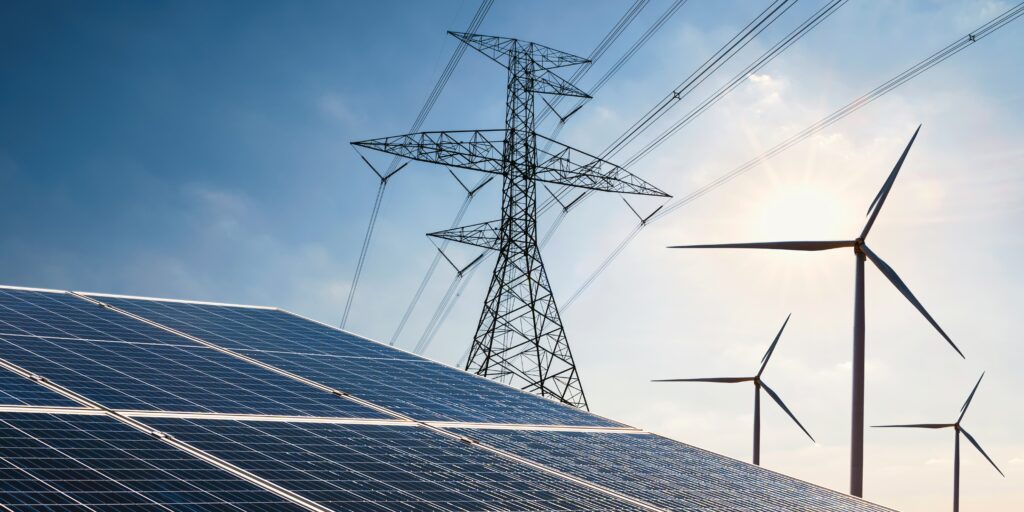
Power Grids
We specialize in investigations of planning and operating electricity grids and in particular distribution grids.
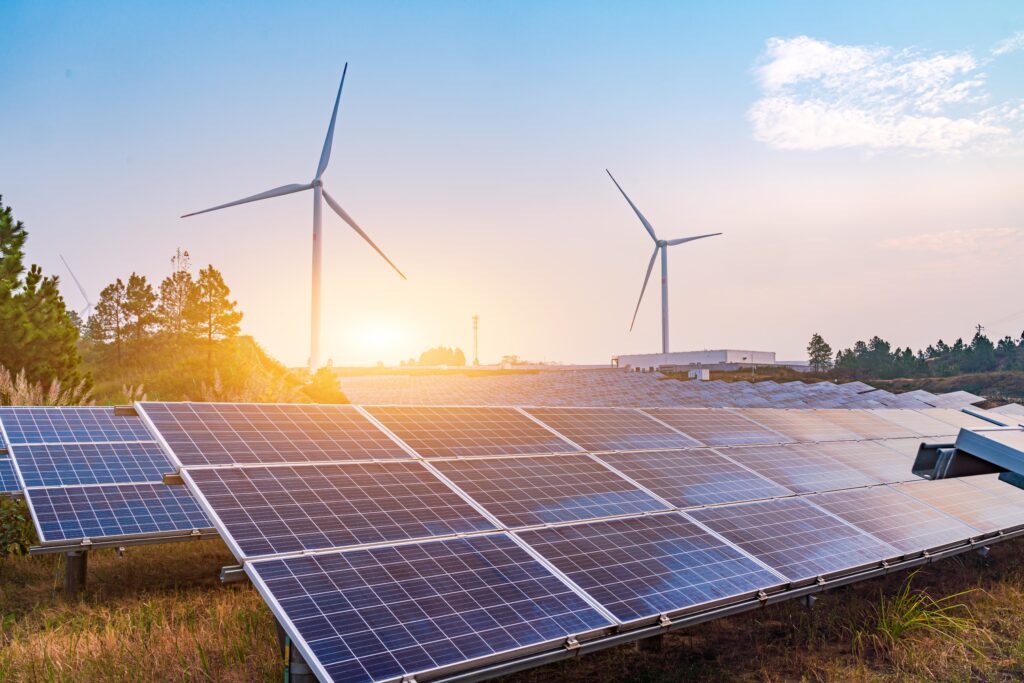
Energy System Analysis and Sector Coupling
Within this research focus, we investigate the efficient integration of large quantities of renewable energy into a cross-energy system consisting of electricity, heat, and mobility sectors as well as flexibility options at all levels.

Open Science and Data Management
We orientate ourselves on the principles of open science and try to make a large part of our scientific work accessible. This forms the technical and legal basis for scientific reproducibility and genuine participation in the transformation of energy systems.

Participation and Knowledge Sharing
The Energy Transition is not only a technical process, but also a social process that affects everyone. The involvement of stakeholders in local decision-making processes is therefore essential for the success of the transformation of energy systems.
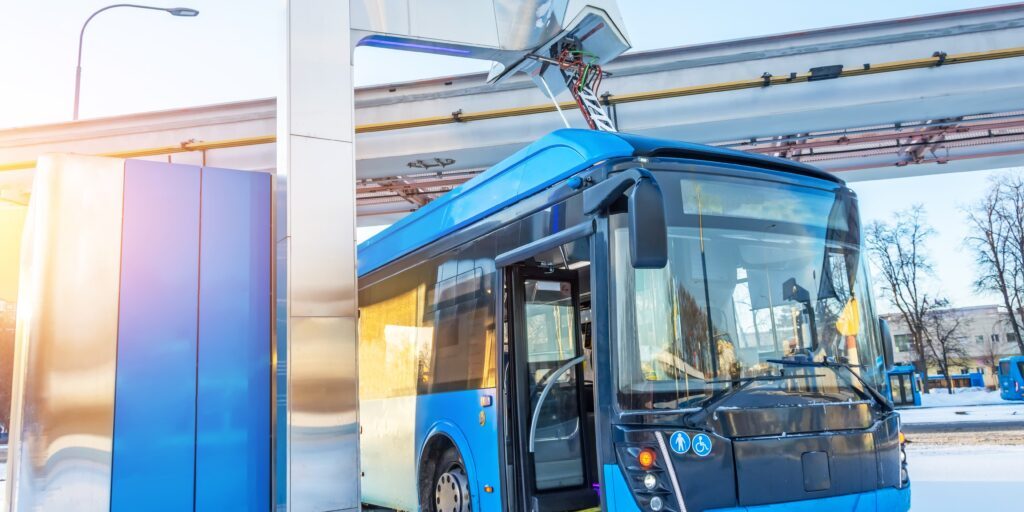
Buses
Where and how are buses charged and refueled? How are they integrated into local and surrounding energy systems? What other operational and spatial requirements must be taken into account?
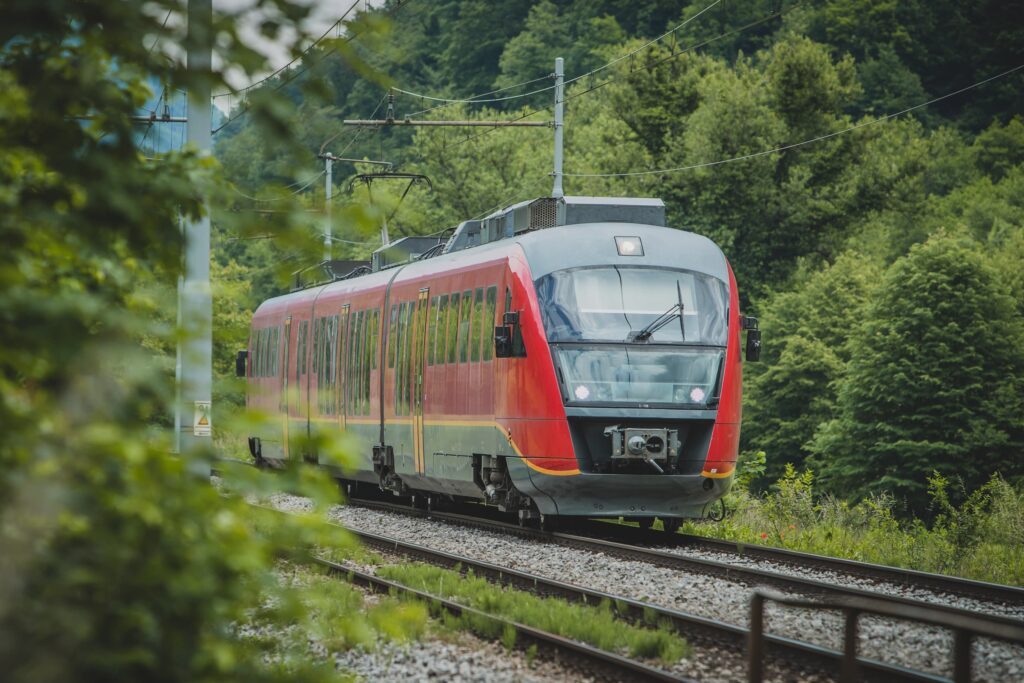
Trains
Where are the trains located during the course of the day and what are the requirements of the route? How much energy do trains consume in a particular network area and what other boundary conditions are decisive for the energy demand? On which sections of track or at which stations do trains need to be supplied with energy to ensure operation?
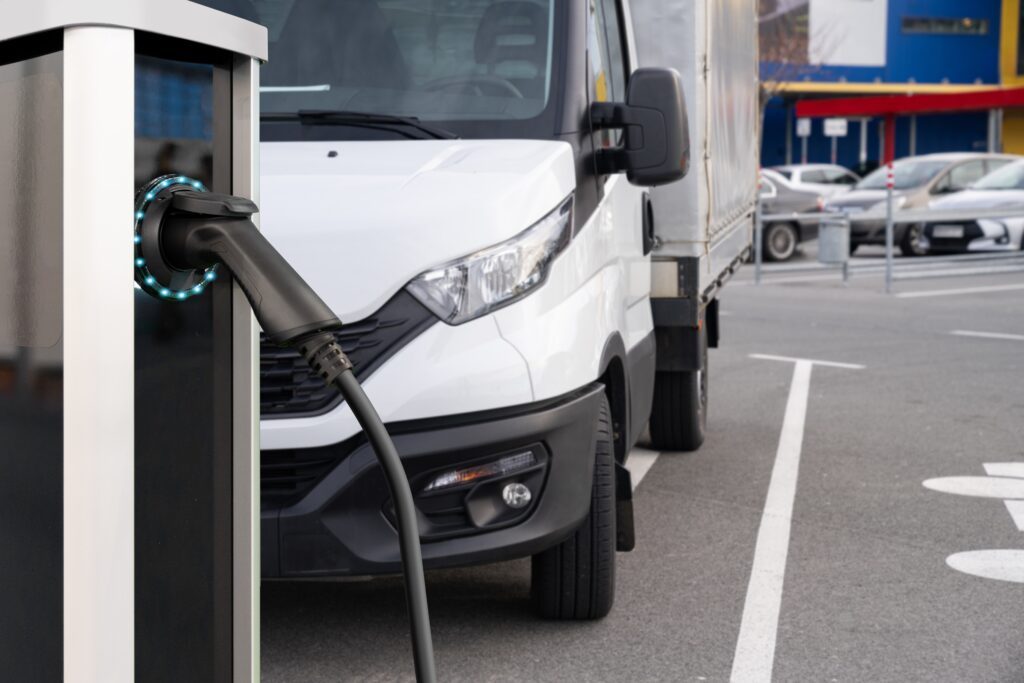
Charging Infrastructure
Which actors need how much energy at which locations? What additional load must local power grids expect due to the development of charging infrastructure?
In urban or rural areas, where will the greatest need for charging infrastructure arise?
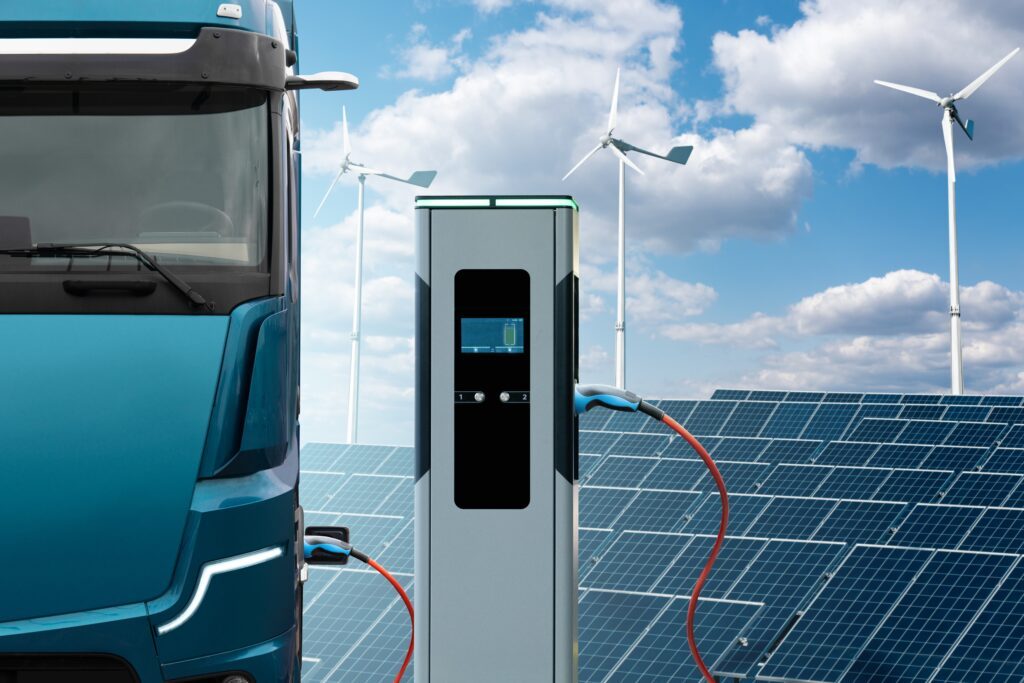
Grid Integration of E-Mobility
For the success of the energy and transport transition, various questions of integration into the power grid must be clarified, for example: How do additional peak loads affect the power grid? What can grid- and system-serving charging strategies for electric vehicles look like? How can electric vehicles be optimally integrated into the power grid as mobile storage units?

Hydrogen
Green hydrogen is an important energy source of the future. RLI's work focuses on the holistic consideration of a hydrogen economy, from the analysis of potential for production, storage and use to the development of infrastructure and value chains.
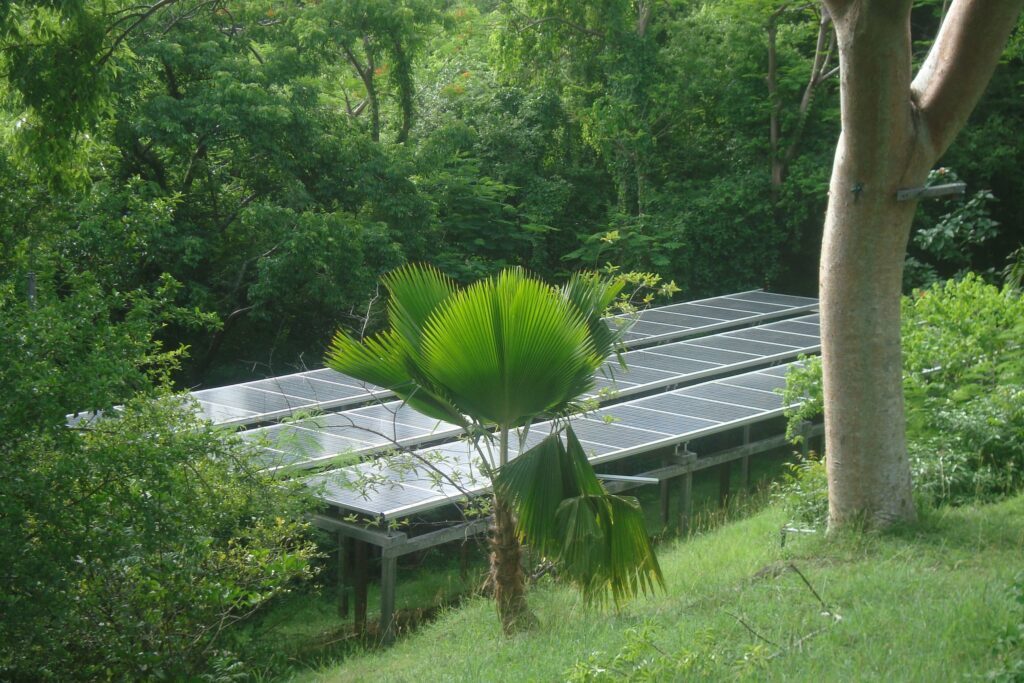
Energy System Analysis and Mini-Grids
Many regions in which the population still has no or insufficient access to electricity are ideally suited for the supply of renewable energy, due to their location. Decentralized mini grids or solar home systems are often the answer.

Market Potential Studies
To be able to support regional energy planning and development policies in countries of the Global South, it is important to know the market potential of a certain technology for electricity supply.

Socio-economic field studies
In order to improve energy supply in the context of sustainable energy transformation, spatial data sets, such as resource availability and settlement patterns as well as socio-economic and demographic data, are required.
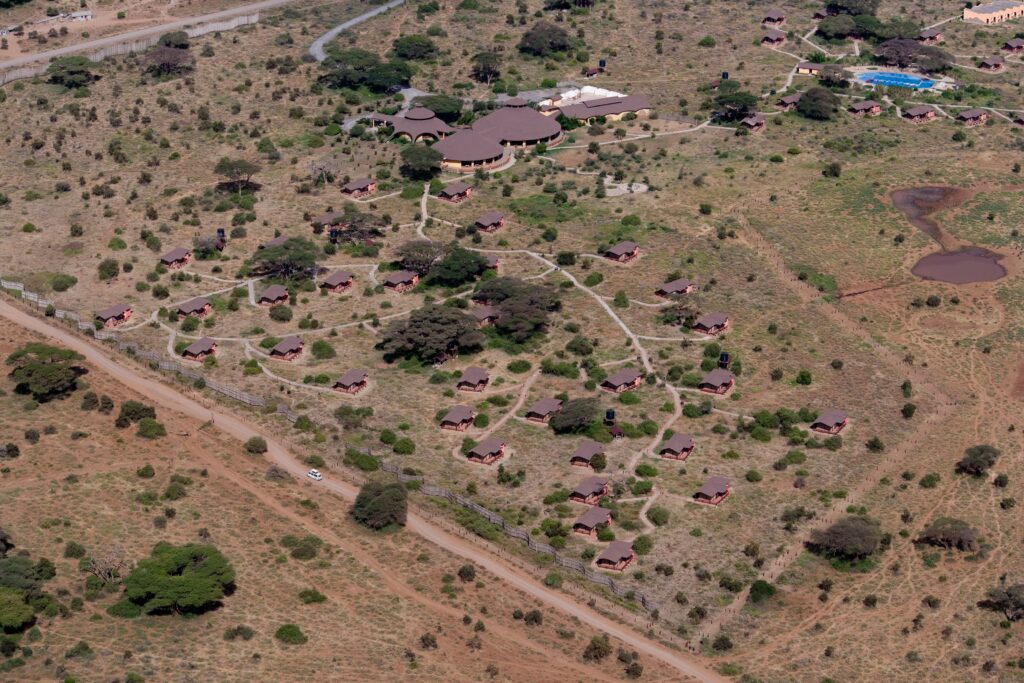
GIS Analyses
The term Geographic Information Systems (GIS) covers all tools and methods with which spatial data can be recorded, processed, and analyzed. GIS are important tools in the Off-Grid Unit at RLI.

Transformation of Energy Systems
In the research unit Transformation of Energy Systems, we develop, investigate, and optimize future scenarios for a sustainable energy supply.

Mobility with Renewable Energy
In the research unit Mobility with Renewable Energy at RLI, we conduct research at the interface of sustainable drive systems and renewable power generation.

Off-Grid Systems
In the research unit Off-Grid Systems, we develop electrification strategies based on renewable energy for developing regions. More precisely, we optimize hybrid mini-grids using simulation models and geo-information systems (GIS).
What are you searching for?
- Buses
- Charging Infrastructure
- Energy System Analysis and Mini-Grids
- Energy System Analysis and Sector Coupling
- GIS Analyses
- Grid Integration of E-Mobility
- Hydrogen
- Market Potential Studies
- Open Science and Data Management
- Participation and Knowledge Sharing
- Power Grids
- Socio-economic field studies
- Trains